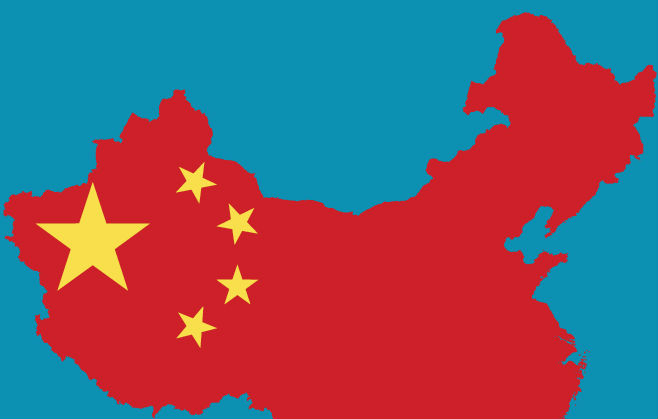
China’s mobile crackdown
Anyone who has visited China, or is aware of its social media “Great Wall”, will know that sites including Facebook, Twitter and YouTube, are all blocked. Now, the government has forced even further regulations, issuing restrictions on its mobile messaging services.
Back in May, the country announced that three of its government agencies would carry out operations to monitor WeChat, and other popular messaging apps such as KakaoTalk, and Japanese-owned Line. This, it said, was to keep a watch on potential acts of terrorism, although the primary purpose seems to be to quell “rumour spreading” and anti-governmental broadcasts. Just last week, controls were finally put in place on mobile messaging apps, restricting accounts that could potentially spread governmental and political stories. Now, name registration is required for those deemed “official accounts”, so that any broadcasted messages can be monitored. A similar action was put in place back in 2011, when Sina Weibo, and other Twitter-style micro-bogging sites were forced to have users register their real names. Aside from registration, users will also have to agree to a list of rules about publishing anything to do with the country’s socialist system, while public accounts will be forbidden from broadcasting news articles- now, only those with licenses will be allowed to do so.
So what might this mean for users? Ordinary fans of the app will probably not be too deterred by the news, as the restrictions aren’t applicable for private chats between users and their personal contacts. Similarly, brand accounts will most likely be unaffected, since most are not engaged in the country’s politics. However, unauthorised bloggers and news publications will most likely feel the hit. For instance, Tencent, WeChat’s owning company already reported last week that it had deleted around 400 official accounts and 3000 posts found to contain unapproved content, while 30,000 accounts selling replica items had also been closed. The move could certainly discourage less people from signing up to the service, and particularly journalists.
And how might this affect the messaging apps in question? The number of active users on these platforms might unfortunately drop- in fact, the number of visitors to online social sites already showed a decline of around 7.4 per cent, or approximately 20.4 million people. Furthermore, unlike popular messaging apps in the US and UK such as WhatsApp, WeChat and KakaoTalk for instance, rely in part on an ecommerce feature. WeChat, for example, offers users the chance to shop their favourite brands who are linked up with the app’s payments API. With users being driven away by the new enforcements, this might cause a slight decrease in the number of in-app sales. Since the bans and account blocking, the company’s shares dropped by 3.5%, showing that the restrictions have already impacted WeChat’s market position. Perhaps WeChat could suffer in a similar way to Weibo, which China enforced censors on last year. The micro-blogging site, and China’s answer to Twitter, lost 28 million users following the crackdown, seeing a reduction to around 280 million- still high, but markedly less. Clearly, messaging apps might also experience drops, although we have a feeling that the impact is likely to be short-term, and not pose any threat to long-term prospects.
What do you think about China’s crackdown on social messaging networks? Do you think this will negatively impact both service providers and users? We’d love to hear your views, so please tweet to us @PracticeDigital and share your thoughts on our Facebook page.




